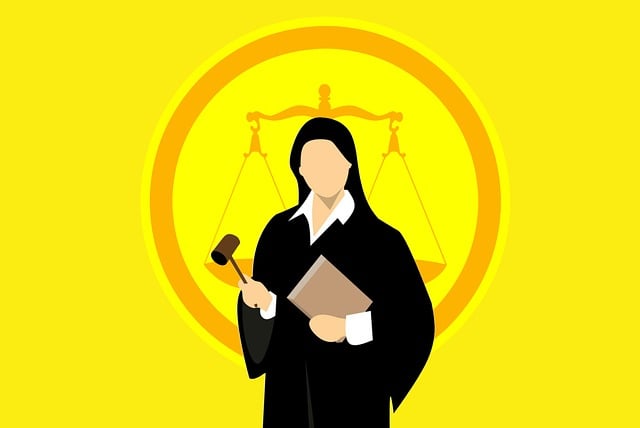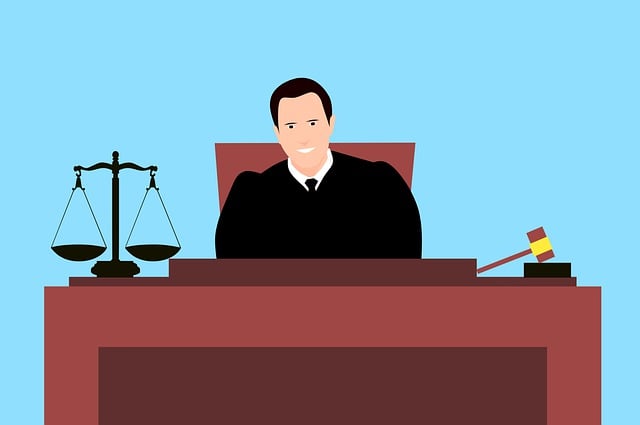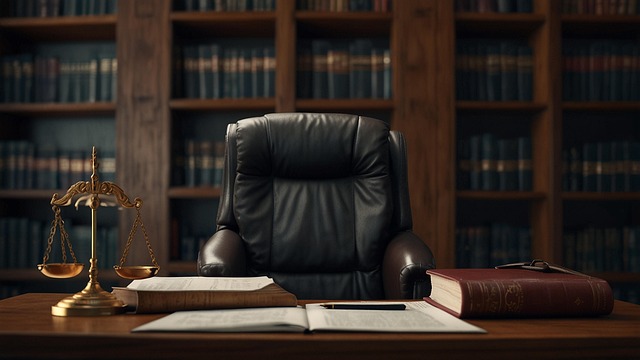Fair trial advocacy is crucial for equitable societies, ensuring every accused receives a thorough, unbiased court hearing. Advocates guard clients' rights, challenge unfair practices, and demand procedural integrity. Impartiality is key, achieved through witness selection, bias education, and transparent decision-making. Legal pros secure impartial juries and educate on legal concepts for informed decisions. Technology enhances fair trial advocacy but also presents cybersecurity challenges, requiring updated knowledge and digital literacy training to bridge the digital divide.
In the pursuit of justice, ensuring fair trials is paramount for criminal defense. This comprehensive guide delves into the essence of fair trial advocacy, exploring critical aspects that underpin a just process. From understanding inherent biases in courtroom procedures to leveraging technology’s role, we dissect strategies for legal professionals to safeguard impartial juries. By addressing these key areas, we aim to fortify the foundations of criminal justice, ensuring every defendant receives a thorough and unbiased trial.
- Understanding the Cornerstone of Fair Trial Advocacy
- Identifying and Mitigating Potential Biases in Courtroom Procedures
- The Role of Legal Professionals in Ensuring Impartial Juries
- Exploring Technology's Impact on Preserving Fairness in Criminal Trials
Understanding the Cornerstone of Fair Trial Advocacy

Fair trial advocacy is the cornerstone of any just and democratic society. It ensures that every individual accused of a crime receives a thorough, impartial, and just hearing in court. This fundamental principle is vital for maintaining public trust in the legal system. When a fair trial is compromised, it not only undermines the integrity of the judiciary but also erodes the rights and freedoms guaranteed to citizens.
Advocates play a pivotal role in upholding fair trial standards by ensuring that their clients’ rights are protected at every stage of the criminal justice process. This includes guaranteeing access to legal representation, challenging any unfair practices or procedural irregularities, and presenting a robust defense on behalf of the accused. Effective fair trial advocacy requires a deep understanding of legal principles, procedural rules, and the unique circumstances surrounding each case.
Identifying and Mitigating Potential Biases in Courtroom Procedures
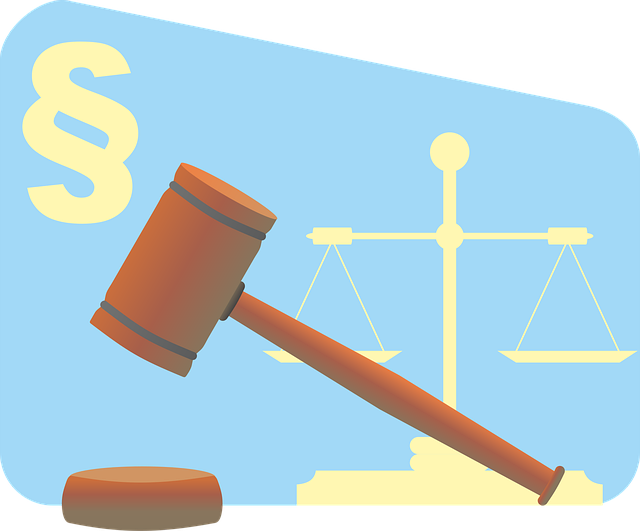
Ensuring impartiality is a cornerstone of fair trial advocacy. Potential biases can creep into courtroom procedures, influencing jurors and judges alike. To mitigate these, legal professionals must scrutinize every aspect of the process. This includes examining witness selection to ensure diverse perspectives are represented, challenging discriminatory language in evidence presentations, and carefully considering the qualifications and experiences of judicial officers.
Techniques like blind jury selection, where personal information is hidden from view, can help reduce unconscious bias. Additionally, promoting transparency in judicial decision-making processes and fostering ongoing education on implicit biases among legal practitioners contribute to a more equitable courtroom environment. By actively identifying and addressing these biases, fair trial advocacy strengthens the integrity of our criminal justice system.
The Role of Legal Professionals in Ensuring Impartial Juries
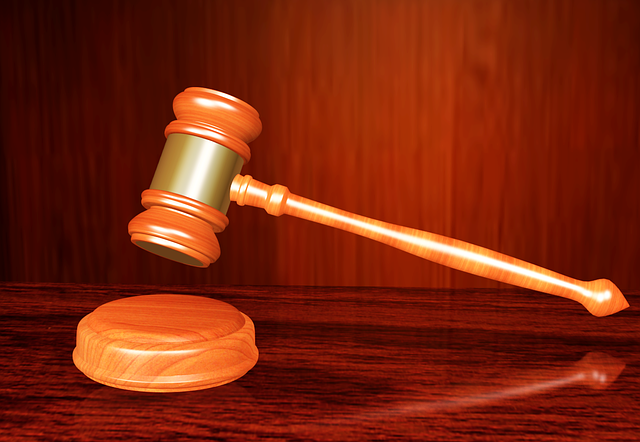
Legal professionals play a pivotal role in ensuring impartial juries and upholding the principle of a fair trial. They are responsible for selecting and challenging jurors during voir dire, an essential process to identify potential biases or prejudices that could influence their decision-making. By rigorously examining each juror’s background, experiences, and views, defense attorneys can ensure a jury pool composed of individuals who can set aside personal beliefs and render an unbiased verdict based solely on the presented evidence.
Moreover, legal professionals are advocates for fair trial advocacy, guiding jurors through complex legal procedures and ensuring they understand their roles and responsibilities. They educate the jury about the burden of proof, the presumption of innocence, and the right to a reasonable doubt—crucial aspects that safeguard against arbitrary or biased judgments. Effective communication from defense lawyers helps maintain a level playing field, enabling juries to make informed decisions in keeping with the spirit of justice.
Exploring Technology's Impact on Preserving Fairness in Criminal Trials

Technology has both transformed and presented challenges for ensuring fair trials in criminal defense cases. On one hand, digital tools enable efficient access to evidence, streamline legal research, and enhance communication between attorneys and clients. These advancements can strengthen fair trial advocacy by facilitating thorough investigations and informed strategic planning. However, the rapid pace of technological change also introduces potential pitfalls. Issues like cybersecurity threats, data privacy breaches, and unequal access to advanced technology among legal stakeholders raise concerns about fairness and equity in criminal proceedings.
Navigating these complexities requires proactive measures. Legal professionals must stay abreast of emerging technologies and their implications for trial procedures. Robust cybersecurity protocols and digital literacy training are essential to safeguard sensitive case information. Moreover, efforts should be made to bridge the digital divide by ensuring all parties have equal access to technology resources, thereby promoting a level playing field for effective fair trial advocacy.








